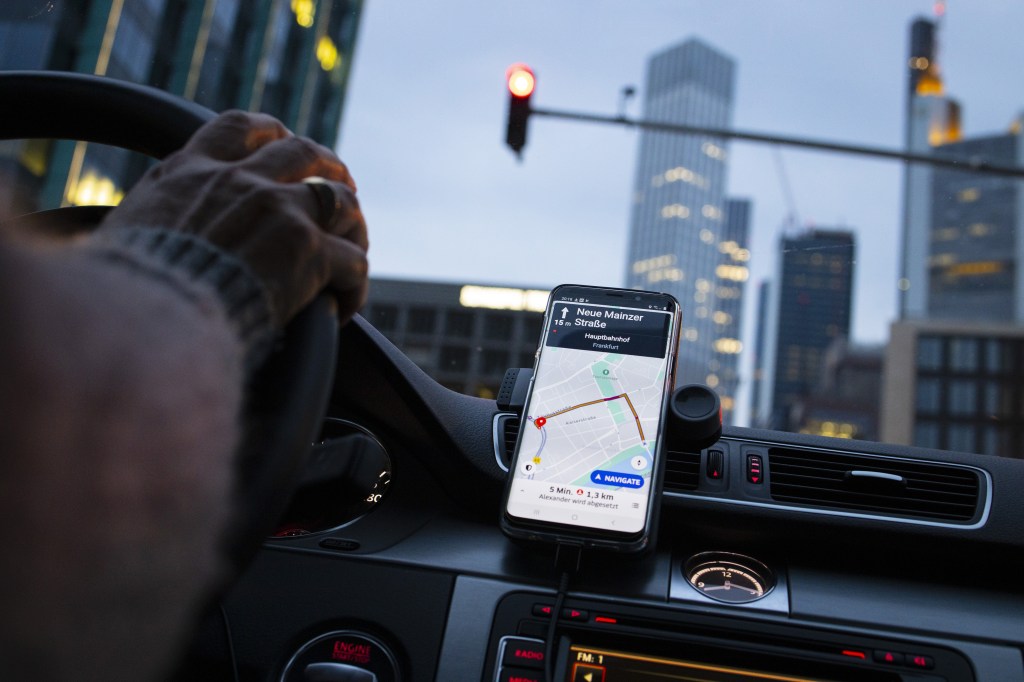Uber is introducing new features geared toward addressing the issues of unfair deactivations that ride-hail and delivery drivers often face.
Starting Monday across the U.S., Uber will roll out a technology that identifies riders or Uber Eats customers who consistently give bad ratings or feedback with the intent of getting a refund. Allegations by those customers, the company said in a blog post, won’t be considered in drivers’ ratings or deactivation decisions.
The ride-hail giant is also expanding its in-app review center to provide drivers and couriers with more information about why their account was deactivated, allow them to request a review of the decision and share any additional information like audio or video recordings.
Uber rolled out an audio recording feature for drivers and riders nationwide last year. The company also started piloting video recording and said Monday it would expand the pilot to iOS drivers in a dozen U.S. cities, including Atlanta, Denver, Dallas, Minneapolis, and select drivers in Los Angeles.
Uber will also pilot voluntary drug tests so that drivers who are accused of driving under the influence of a drug or for having a car that smells like marijuana (in a state where it’s legal) can dispute those complaints.
Drivers have long protested against unfair deactivations, which amount to being fired in the app-based gig economy, and many have joined class action lawsuits against the company. Drivers have complained that some riders submit false complaints out of malice or bias. They’ve also said that they lack the transparency to view the nature of those complaints in order to contest them, and that Uber offers little to no recourse to dispute the claims.
Two drivers who spoke to TechCrunch on the condition of anonymity said they had no warning that they were going to be deactivated. One day, they tried to open the app and found their access revoked.
A February report from the Asian Law Caucus found that 30% of deactivated drivers said they were not given any explanation as to why they were deactivated. Of the drivers who were given a reason, 42% said they had been deactivated due to a customer complaint. Another 10% said they were deactivated due to low customer ratings.
The report also found that nearly half of all deactivated drivers believed that customer discrimination led to their deactivation — drivers of color and drivers who didn’t speak English well were more likely to experience temporary or permanent deactivation.
Because Uber drivers are not classified as employees, when they’re deactivated, they are not automatically eligible for unemployment and often find themselves suddenly without an income. Of those surveyed in the report, 81% said driving on Uber and Lyft platforms was their main source of income. Nearly a fifth of those who were deactivated lost their car and 12% lost their homes after being kicked off the app.
Proving the validity of customer complaints — and whether they’re fueled by bias or just a capricious desire to get a free ride — is a difficult problem to solve. Historically, Uber hasn’t shared the exact complaint or time and date of the complaint with drivers. A spokesperson told TechCrunch that’s for safety reasons, so a jilted driver doesn’t decide to exact revenge on a customer who gave them a poor rating.
Uber did not clarify whether the new in-app review center will now provide drivers with such details.
The company did say that its model to detect false complaints, or “support abuse,” looks for things like reports that don’t follow a coherent sequence of events and are exaggerated or flagrant, and portray an evident desire to receive funds or credits. They also look out for reports that have similar language.
Verifying riders and other updates for drivers
Uber also said that in 2025, the company will expand verification of rider identities. Riders will be identified based on simple third-party checks — like if your name matches the credit card on file. If Uber can’t verify a rider’s identity that way, they’ll ask for an ID, but that won’t be the standard. Uber wouldn’t share further information on this, such as whether Uber will automatically verify riders or whether riders will have to opt in.
Uber is also integrating Android Auto with the Uber Driver app, allowing drivers who use Androids to now see heat maps, accept trips and use on-screen navigation from their car dashboard. The integration comes several months after Uber launched something similar with Apple CarPlay in February.
Finally, Uber added a tool in the app to help couriers find nearby parking. The company said it will also add map labels that specify exact drop-off doors or photos of the building to make it clearer to couriers where a customer requested food to be dropped off.































Comment